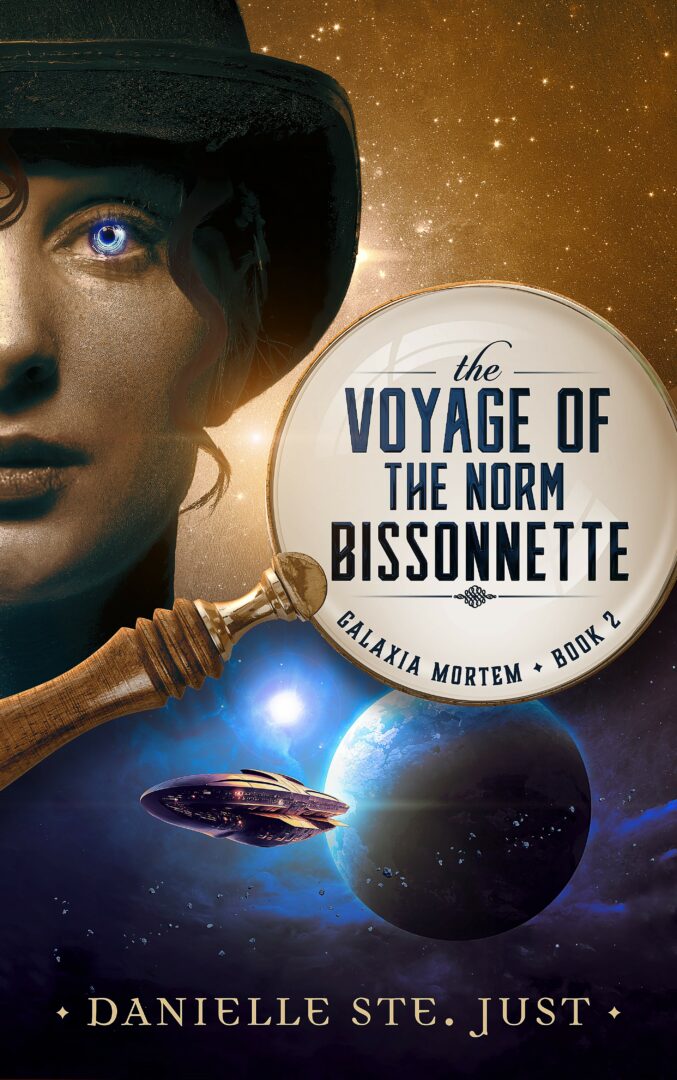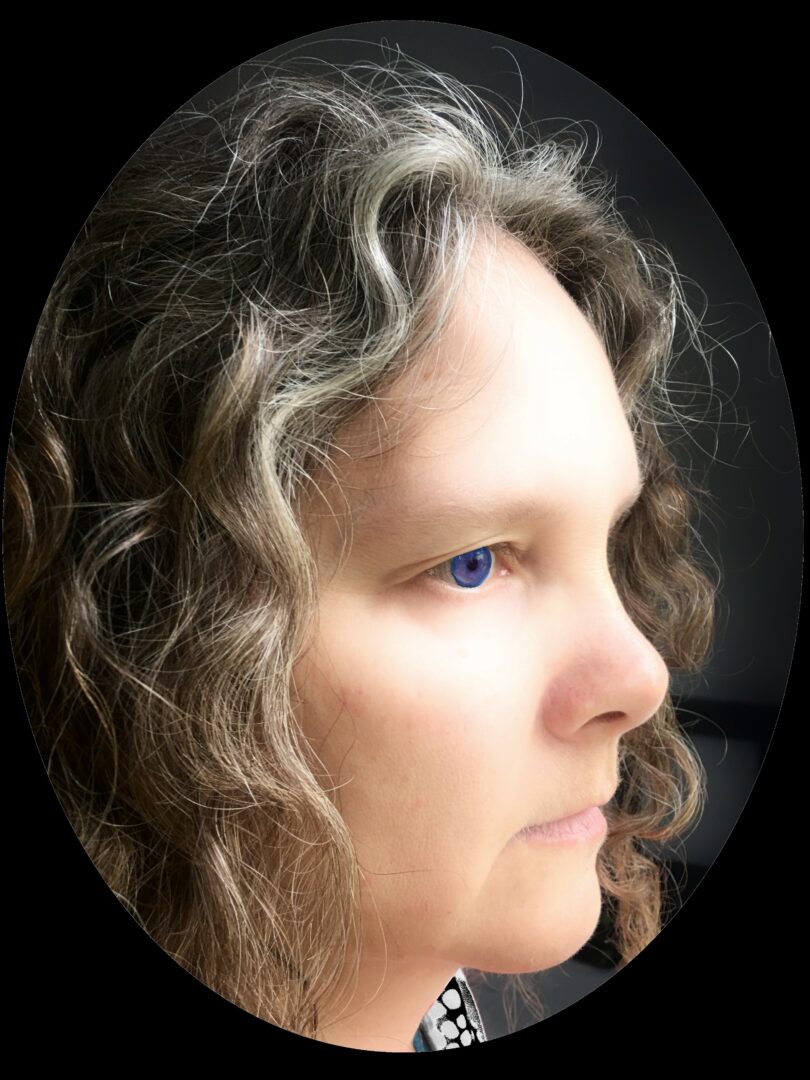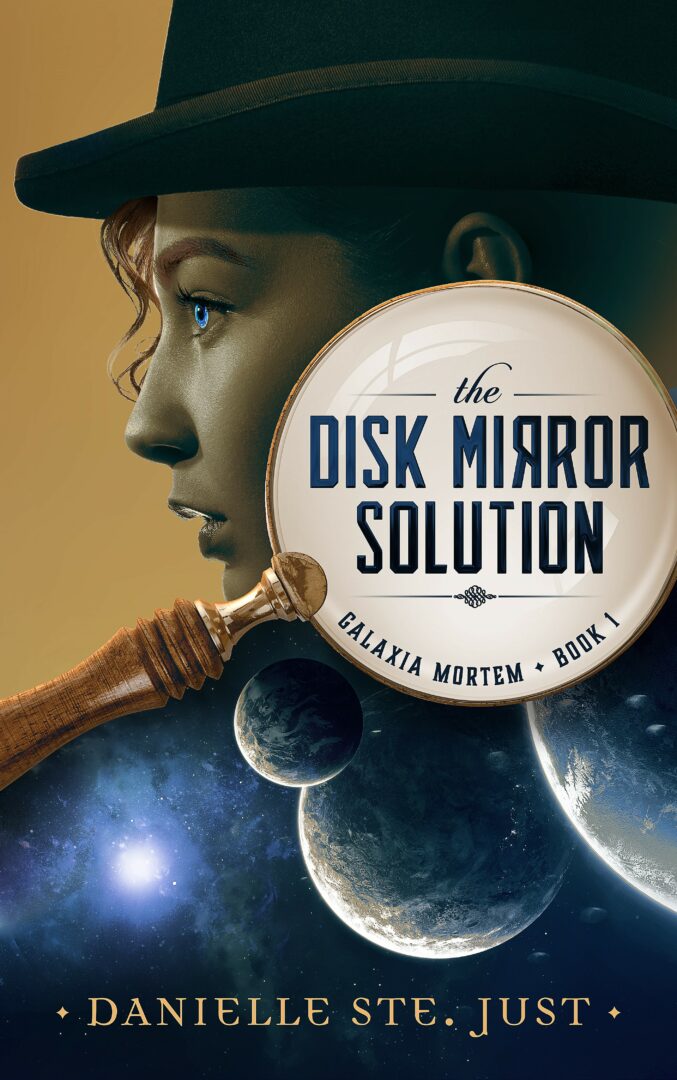We caught up with the brilliant and insightful Danielle Ste. Just a few weeks ago and have shared our conversation below.
Danielle, thank you so much for joining us. You are such a positive person and it’s something we really admire and so we wanted to start by asking you where you think your optimism comes from?
As a tech optimist and a futurist, my optimism is based upon the enduring story of human ingenuity. History shows that humans always strive for a better quality of life, and creating a sustainable economy from our extractive economy—led by large-scale solar and battery installations—is the way of the future. The only way to help shape that future is to become part of it, and writing science fiction that inspires rather than offering a dystopian fearscape is one way I merge my optimism with my art. Dramatic stories set in an inspiring futuristic world is my literary hallmark. I encourage others to shape the future through their work, as the future always grows from the seed of the present.

Let’s take a small detour – maybe you can share a bit about yourself before we dive back into some of the other questions we had for you?
I’m a science fiction and fantasy author. It’s my number one mission to tell a compelling story. I love looking at how we are trending as a species, and extrapolating where we’ll be in hundreds of years.
Later this year, I’m going to be publishing a novel called Maria B, about a headless android who is built to be the wartime body of a general who is only a head. When Maria B’s designers use the general’s memories to train her movement, Maria B achieves consciousness. The novel explores consciousness, honor, friendship, love, and humanity. An artist is working on the cover right now.
My brand can be boiled down to: Compelling Science Fiction for Today’s Optimists
If you had to pick three qualities that are most important to develop, which three would you say matter most?
Looking back, I’d say the first quality contributing to my success is my curiosity. I love delving deep into topics like orbital mechanics, human biology and psychology, and linguistics, and using the knowledge in my novels. For instance, I created an entire slang dialect based on linguistic drift for my novel series Galaxia Mortem. Advice I’d give to others is follow your passions when it comes to research, because where your mind naturally flows usually brings you to exactly what you need to strengthen your narrative.
Second is my love of a good story. It’s no use knowing all the facts if they don’t serve the narrative, so I love weaving reality and fiction together. In Maria B, I blend real machine learning techniques with a fictional military robot to create a believable and compelling narrative. Solid advice for any author is try to avoid infodumping (large chunks of information). Weave your hard-earned knowledge into the story intrinsically.
Lastly, one of my enduring qualities is my willingness to put the work in. It takes years sometimes to write an excellent novel. Frankly, many writers give up before even finishing one novel. Persistence is key. To any aspiring novelists out there, setting daily or weekly goals can keep you on track, but don’t be afraid to take a few days off whenever you need it.
To all authors: your novel is waiting to be told!

Thanks so much for sharing all these insights with us today. Before we go, is there a book that’s played in important role in your development?
I have to give credit for inspiration from all the great science fiction and fantasy authors who came before me, like Ursula K. LeGuin’s human insights, J.R.R. Tolkien’s genre creation, Jack Vance’s linguistic prowess, and Martha Wells’s snarky storytelling.
Dune, by Frank Herbert, stands out for its profound impact on my development as a writer. Its intricate world-building, political intrigue, and living religions inspired me to create layered, believable worlds in my own novels, like the multi-planet society of Galaxia Mortem.
Dune taught me three key lessons. First, complex world-building must serve the story. Herbert’s detailed ecology and politics in Dune never overshadow Paul Atreides’ personal journey or the grandiose plot, a balance I strive for in my work, like weaving machine learning into Maria B’s narrative without infodumping. Secondly, give secondary characters depth. Whoever reads the Dune novels could never forget Duncan Idaho. Treating even transient characters like the main character in their own life, like the cruise ship passengers in my second Galaxia Mortem novel, makes them all seem so real they could step off the page. Thirdly, persistence pays off. Herbert’s meticulous research inspired my decision to allow myself to take as much time as I need for my novels to come to fruition.
These are just some of the authors who inspire me to create stories that resonate. I encourage aspiring writers to mine their own favorite novels for inspiration.
Contact Info:
- Website: https://daniellestejust.com
- Twitter: @DanielleSteJust
Image Credits
Book covers by DamonZa
so if you or someone you know deserves recognition please let us know here.




